If you’re renting your home, condo, or apartment, you probably paid a security deposit when you signed the lease. The good news is this deposit is refundable when you move out… as long as you meet certain requirements.
Landlords use security deposits to protect their property and pay for repairs or cleaning if a tenant leaves damage or a mess behind. Here’s how to make sure you receive your deposit after moving out.
Security Deposit 101
Whenever you rent a place, there are some things everyone should know about security deposits before signing their lease.
What can prevent you from getting your security deposit back?
The most common reasons for not getting your deposit back include:
- Moving out before the terms of your lease is up
- Breaking the terms of your lease
- Leaving significant damage behind
If your rental is judged to be extremely dirty, the landlord may also hold your deposit in order to pay for professional cleaning before a new tenant moves in.
Ultimately, use common sense when cleaning your rental before you move out. (Certain things like faded paint, sagging cabinets, and general wear and tear are usually considered normal for a rental, so don’t worry too much about those issues.) If you’re concerned, make sure you take a few pictures and note them on your move-out walkthrough checklist.
How do I increase the odds of getting my deposit back before I move In?
Before you move into your rental, ask for a walkthrough checklist. This list should consist of any pre-existing damage, as well as areas where the rental still needs to be cleaned. Take photos of anything that causes concern, so you have proof that it was there before you moved in. The more thorough your walkthrough list is now, the better the odds are that you’ll get your security deposit back later.
What fees or expenses are renters responsible for paying?
The fees or expenses you’re responsible for will vary depending on your landlord and the terms of your lease. For example, many landlords expect renters to pay for a professional carpet cleaning before they move out. If you’re unclear about which things you’re responsible for, ask your landlord for clarification to avoid surprises later.
What can and can’t I change in the apartment?
In most cases, you won’t be allowed to make significant changes to your apartment, such as knocking down a wall or replacing the appliances. Make sure you’re clear about what you cannot do versus the things you can. In many cases, landlords don’t mind if you paint the walls a different color, but they may not allow you to make structural changes or alter the interior of the rental in any way.
The 5 Must-Cleans: Floors, Surfaces, Trash, Fridge and Your Belongings
There are certain things that every tenant must clean (even if you’re moving last-minute) if you want to get your security deposit back.
- Floors: Vacuum and sweep all floors to remove excess dirt and debris. If you wish, you can hire a professional carpet cleaner, which is recommended if you notice any significant stains or marks on the carpeting.
- Wipe down all surfaces: Once you’ve packed, make sure you dust and wipe down all surfaces, including windowsills, door handles, bathroom vanities, and kitchen countertops.
- Remove trash: Go through your rental and make sure that all trash is removed. This means leaving zero waste when you move, which includes bathrooms, bedrooms, living area, any backyard or patio and the kitchen.
- Empty and clean out the fridge: Throw away leftover food in your refrigerator and wipe the inside clean. Do not unplug the fridge unless your landlord asks you to power it down. Make sure the inside of your microwave and oven is reasonably clean, too.
- Don’t leave items behind: If you leave that old couch you don’t plan to take with you behind, your landlord will likely take money from your security deposit so they can pay to have it removed. Never leave anything behind, and make sure that the entire rental is completely empty.
Less Obvious Security Deposit Ruiners: Stains, Dings, Odors and Drains
There are other issues beyond basic cleaning that can be seen as damage to your rental. Major damage to your place is covered with the security deposit, and some cannot be repaired once it happens. But here are common types of damage that are fixable (with a little elbow grease).

To repair drywall, use a quality spackle that will fill in holes. Smooth the spackle down using a flat-edged tool and allow it to dry. You can also use a wall patch to fix the issue. If you have paint that matches your wall color, paint over the repaired areas.
Rent a steam cleaner for carpet stains
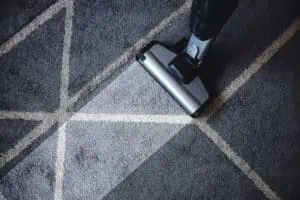
Deep clean walls and upholstery to remove pet odors
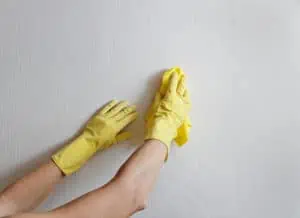
Use an air filter to remove pet odors from the air. Before you move out, deep-cleaning the apartment is the best way to remove residual odor. This includes scrubbing down your walls and upholstery, and using odor-neutralizing cleaning products that are specifically made to address pet odors.
Remove buildup from glass stovetops with vinegar and baking soda
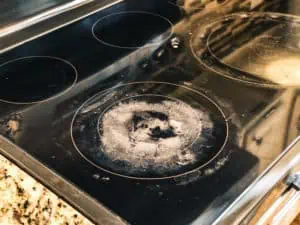
Sprinkle some baking soda onto the stovetop and then lay a wet towel over the mixture for about 10 to 15 minutes. Next, remove the towel and wipe the surface clean using a soft microfiber cloth dipped in water. If you’re dealing with stubborn stains, you may need to scrub or scrape for a long time and finish with a glass stovetop-specific cleaner.
Address clogged drains with drain cleaner or a snake

Addressing drain clogs is a great way to avoid the issue altogether. If any drains are clogged in your rental, use a plunger to unclog the toilets and a drain cleaner for showers, sinks, and tubs. You can also remove the drain cover and use a special tool for fishing out hair and gunk to unclog the drains.
Tighten or replace cabinet hinges
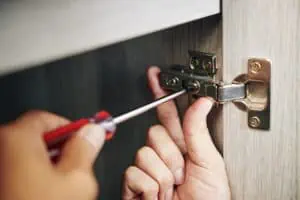
Start by re-tightening the hinges that are already there. If that doesn’t fix the issue, you can easily replace the cabinet hinges for a minimal cost.
Rescreen ripped sliders & window screen
If any windows are broken, it’s recommended that you get them repaired before you move out. But landlords care about more than just glass, this logic goes for screen windows too!
Torn or ripped screens can be replaced, or you can use a screen repair kit to patch the damage.
With some general cleaning and elbow grease, you should be able to get your security deposit back when you move out of your rental. Make sure you’re clear about the terms of your lease and do a thorough walkthrough both when moving in and moving out.
Clean your rental thoroughly and repair minor damages, and you should have a smooth move-out experience with that extra cash back!


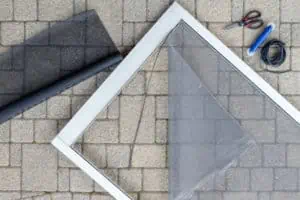
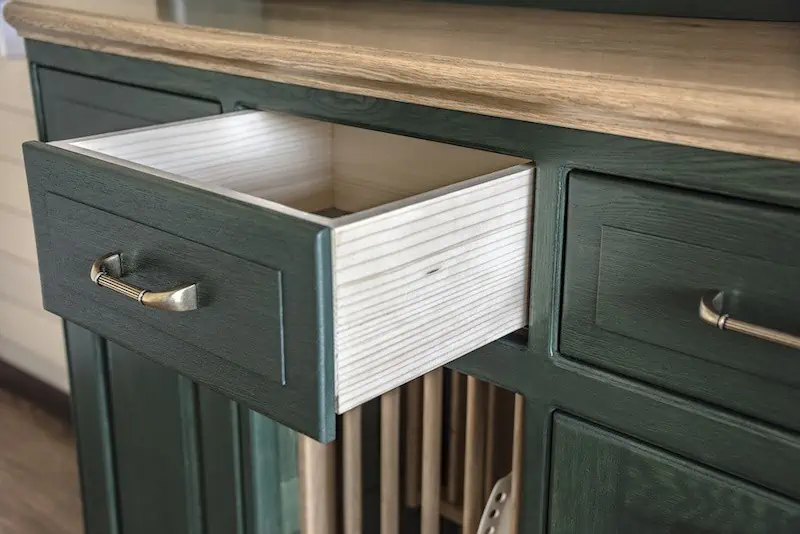
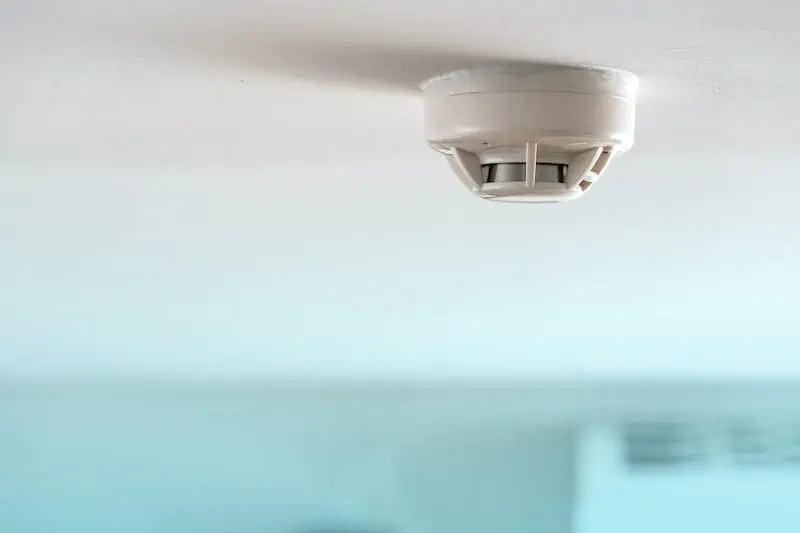
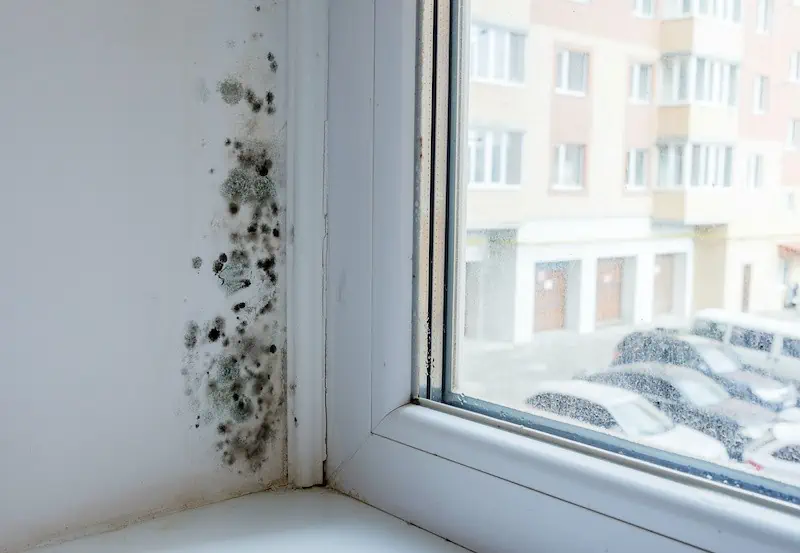

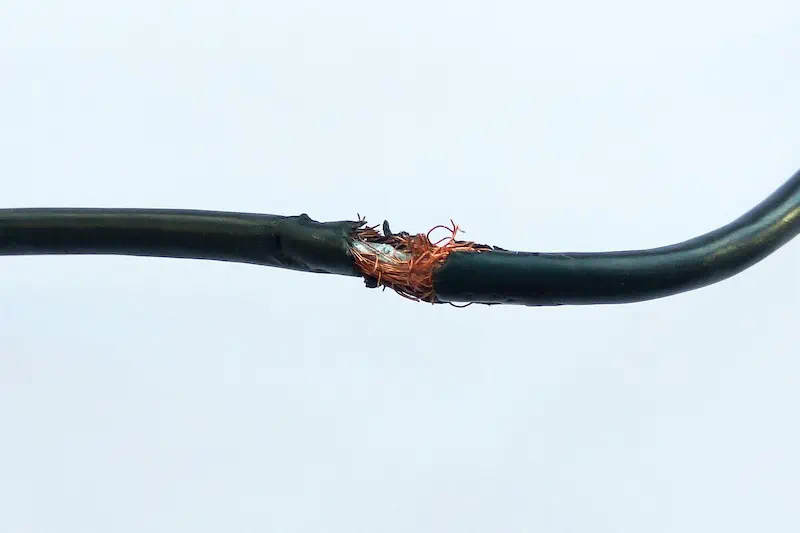



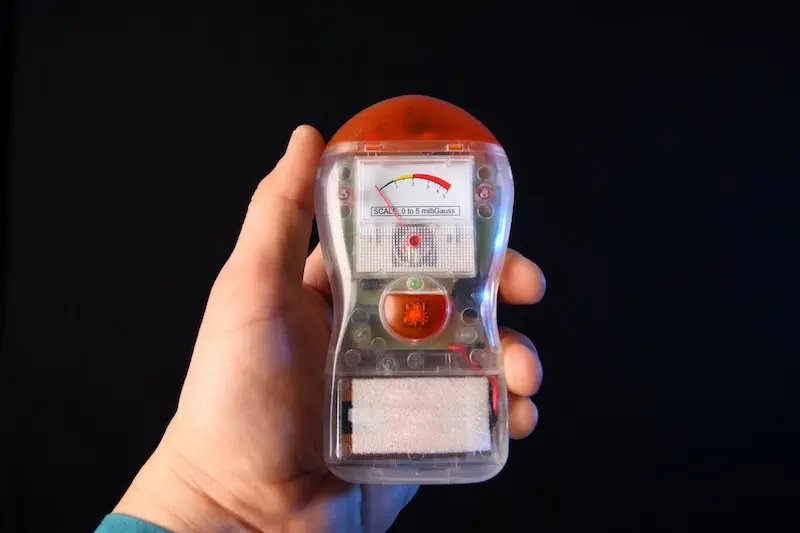

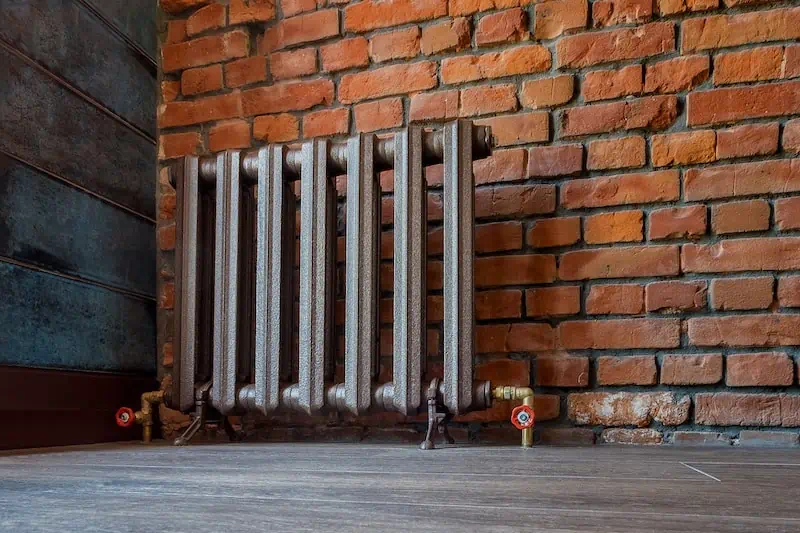


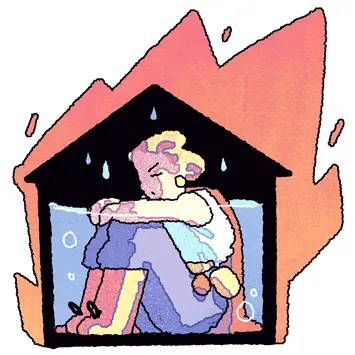 Never be shy about reporting rental discrimination infractions
Never be shy about reporting rental discrimination infractions Be the tenant you wish to see in the world
Be the tenant you wish to see in the world